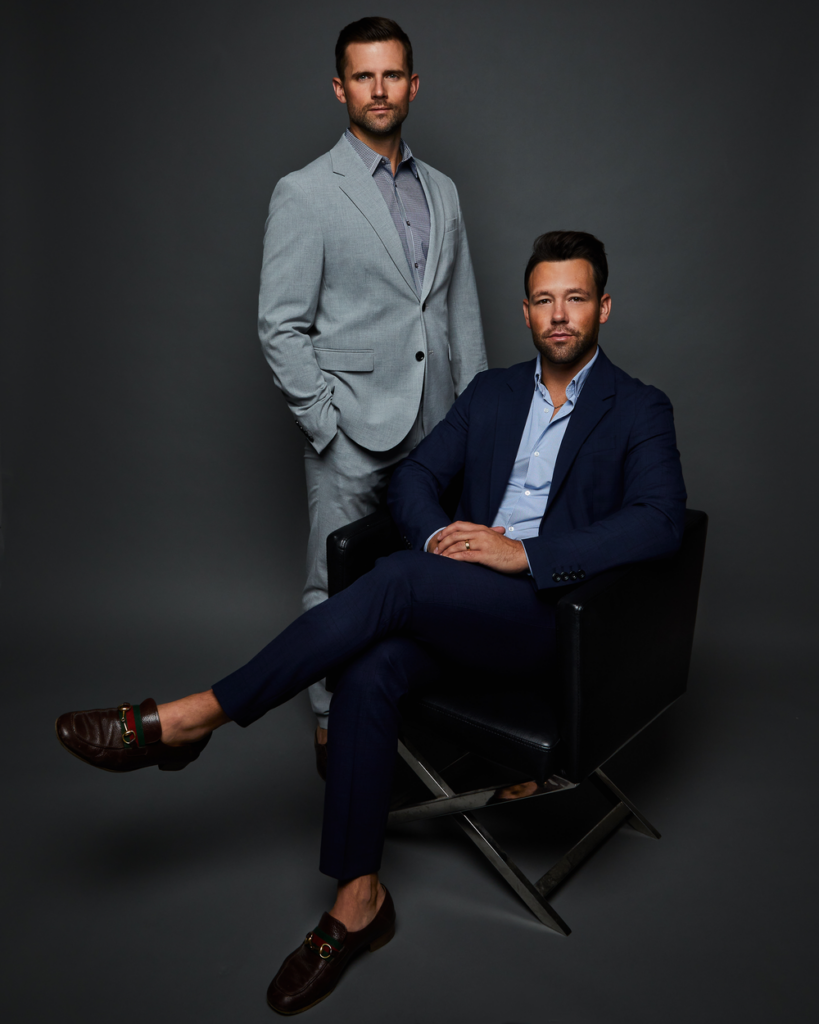Family. Whether you like it or not, we all have relatives. Some we like and others we don’t. But at the end of the day, we all share biological DNA with our family members. Because of this, asking a sister or cousin to donate an egg may seem like a natural choice when considering using an egg donor.
After all, if you can’t pass your genes to your baby directly, why not get an egg from someone who shares your genes? While this may work in some cases, there are some serious issues to consider before you ask a family member to be an egg donor.
What Are the Pros of Asking a Family Member to Donate Eggs?
There are some advantages to asking a family member to be an egg donor. Here are a few reasons why:
Relatives Have the Same Genes
If you’re considering asking a sister to be an egg donor, she will provide the same assortment of genes as you because you have the same parents.
This way, you can be sure that your child will share some of the same characteristics that are prominent in your family. If you want to pass on your grandmother’s red hair, there’s a chance it could come through a sibling.
If you ask a cousin, 50 percent of her DNA comes from the same DNA pool. Again, making the baby biologically related to the intended parents means they’re more likely to share a resemblance to the other members of the family.
Male gay couples could use the egg of one partner’s sister, and the other partner would provide the sperm. This would produce a child that shares genes with both parents.
Relatives’ Eggs Can Be Used Again
Another advantage of using a known egg donor is if the couple wanted another child, they could ask for another egg donation. This would allow the children to be siblings and have the same biological makeup.
Donations from Relatives Saves Money
It’s no secret that egg donation can be costly. If you want to save money, using a family member is usually less expensive because you avoid agency fees. These fees cover costs such as travel and legal bills.
In fact, most family donations are usually altruistic, meaning the donor doesn’t expect or want to be compensated at all.
What Are the Cons of Using a Family Member as an Egg Donor?
While all those advantages may seem tempting, there are some significant disadvantages to using a relative as an egg donor. Here are some issues you’ll need to consider:
Coercion
While coercion may not be the intent, many family members are worried about saying no when asked to donate their eggs. Even if there are no demands, it’s hard to navigate the psychological pressure that can come when a family member asks for help.
Of course, they want to help build a family, but some simply are not comfortable with the idea of sharing their eggs. They often feel guilty and ashamed if a loved one asks for eggs, and they are not willing to donate.
Second Thoughts
When family members donate to another member of the family, they often have second thoughts or regrets.
Defining the role of the egg donor can be tricky — especially if the egg donor sees the child regularly. She will know that it’s her biological child, but will not have any say on how the child is raised or have a maternal connection with that child.
To avoid these complicated emotions, the donor must understand she is not giving away a piece of herself, but rather a unique combination of her genes that extend back thousands of years.
No Clear Relationship Definition
I know this may seem shocking, but often when people use a sibling for an egg donation, it can be mistaken for incest — even if a non-related sperm donor is used.
This can be very confusing to the child as they get older, or when they try to explain their ancestry. At some point, the parents may want to share where the child came from. It could be traumatic for a child to realize that their aunt is actually their biological mother.
Legal Protection
In an ideal world, we would be able to ask for an egg donation, and all live happily ever after. Unfortunately, this isn’t a perfect world, and many complex issues surround the egg donation process.
Any credible agency will have egg donation lawyers for you to meet with. This is done to protect all parties involved. It protects the egg donor from having any responsibility to the child, and it gives the intended parents all parental rights.
When an egg donor is a family member, this step is often bypassed, causing grief and confusion if anyone were to change their mind or anything were to happen.
What Works Best for Egg Donations?
We have found that the best solution is to find a donor through a reputable donor agency. That way, you can find a donor who has all the qualities you’re looking for, without any complicated relationship issues.
We can help you set clear boundaries and make sure you and your egg donor are taken care of every step of the way.
When it comes to egg donation, it’s best to trust the professionals.
To learn more, contact the Elevate Egg Donors and Surrogates. To become an egg donor, fill out our online application.

